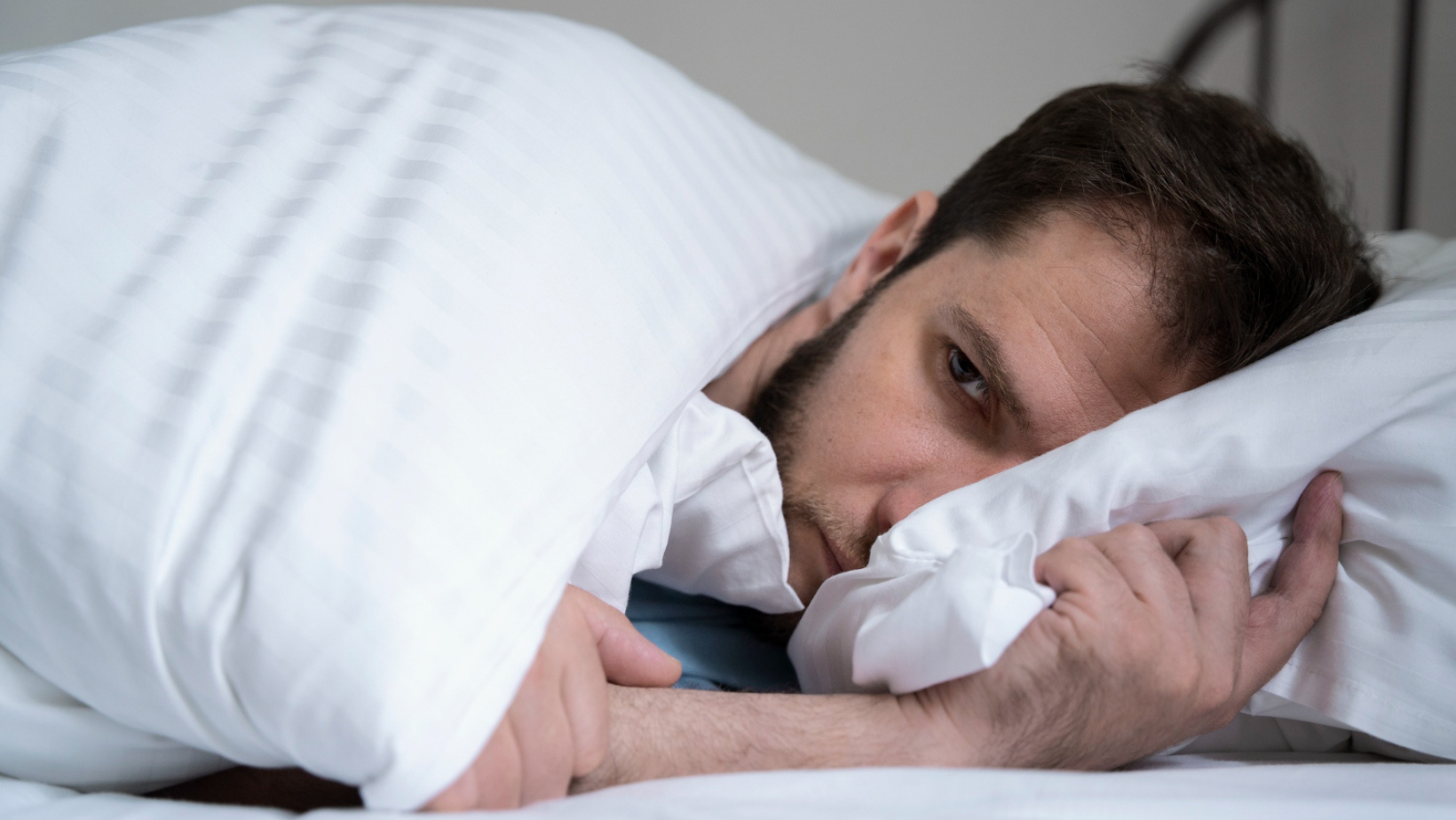
Introduction
Nocturia, often referred to as “nighttime urination,” is a common condition characterized by the need to wake up multiple times during the night to urinate. While occasional nocturnal trips to the bathroom are normal, frequent interruptions to sleep can have a significant impact on overall well-being. In this comprehensive guide, we’ll delve into the intricacies of Nocturia, exploring its effects on sleep quality and overall health, along with effective management strategies.
What is Nocturia?
Nocturia is a condition where individuals experience a heightened need to urinate during the night, disrupting their sleep patterns and often leading to daytime fatigue. While it can affect people of all ages, it becomes more prevalent with age, particularly among older adults. Various factors can contribute to Nocturia, including excess fluid intake before bedtime, certain medications, underlying medical conditions such as diabetes or bladder disorders, and even lifestyle habits like excessive caffeine consumption.
How Does Nocturia Affect Sleep?
Nocturia disrupts the natural sleep cycle, causing individuals to wake up multiple times throughout the night to urinate. This fragmented sleep pattern can prevent individuals from achieving restorative deep sleep, leading to feelings of fatigue and lethargy during the day. Moreover, frequent disruptions to sleep can impair cognitive function, mood stability, and overall quality of life. Research suggests that Nocturia is associated with an increased risk of falls, accidents, and other health complications, underscoring the importance of addressing this condition promptly.
Understanding the Health Implications
Beyond its impact on sleep, Nocturia can have far-reaching consequences for overall health and well-being. Chronic sleep disruption is linked to an array of health issues, including hypertension, cardiovascular disease, obesity, and diabetes. Furthermore, Nocturia may exacerbate underlying medical conditions, such as overactive bladder syndrome or prostate enlargement in men. Left untreated, Nocturia can significantly diminish an individual’s quality of life and increase the risk of developing serious health complications over time.
Symptoms of Nocturia

Recognizing the symptoms of Nocturia is crucial for timely intervention and management. Common signs include waking up two or more times per night to urinate, experiencing a sudden and urgent need to urinate, and feeling tired or groggy during the day due to disrupted sleep. Additionally, individuals with Nocturia may notice an increase in urinary frequency during the day, which can further impact their daily activities and quality of life.
Who is at Risk for Nocturia?
While Nocturia can affect individuals of any age, certain factors increase the risk of developing this condition. Older adults, particularly those over the age of 60, are more prone to Nocturia due to age-related changes in bladder function and increased prevalence of underlying medical conditions. Men with prostate enlargement (benign prostatic hyperplasia) and women with pelvic organ prolapse or overactive bladder may also be at higher risk. Additionally, lifestyle factors such as excessive fluid intake, caffeine consumption, and certain medications can contribute to Nocturia.
Diagnosis of Nocturia
Proper diagnosis of Nocturia involves a comprehensive evaluation of medical history, symptoms, and diagnostic tests. Healthcare providers may inquire about the frequency and severity of nighttime urination, associated symptoms, medical history, and lifestyle habits. Diagnostic tests such as urinalysis, bladder diary recordings, and ultrasound imaging may be performed to rule out underlying medical conditions and assess bladder function. Seeking prompt medical evaluation is essential for accurate diagnosis and personalized treatment planning.
Treatment Options for Nocturia
Effective management of Nocturia often involves a multifaceted approach that addresses underlying causes and symptom relief. Treatment strategies may include lifestyle modifications, medication therapy, behavioral interventions, and in some cases, surgical procedures. Lifestyle modifications such as limiting fluid intake before bedtime, avoiding caffeine and alcohol, and practicing bladder training techniques can help reduce nocturnal voiding frequency. Medications such as antidiuretics, alpha-blockers, and anticholinergics may be prescribed to alleviate symptoms and improve bladder function. Collaborating with a healthcare provider to develop a tailored treatment plan is key to managing Nocturia effectively.
Home Remedies and Self-care Strategies
In addition to medical treatment, individuals with Nocturia can implement various self-care strategies to alleviate symptoms and improve sleep quality. Bladder training techniques, such as scheduled voiding and pelvic floor exercises, can help strengthen bladder muscles and reduce urinary urgency. Maintaining a healthy lifestyle, including regular exercise, balanced diet, and stress management, can also contribute to overall bladder health and well-being. Additionally, practicing good sleep hygiene habits, such as establishing a consistent bedtime routine and creating a comfortable sleep environment, can promote restful sleep and minimize nighttime awakenings.
Impact of Nocturia on Mental Health
The impact of Nocturia extends beyond physical health, affecting mental well-being and overall quality of life. Chronic sleep disruption due to Nocturia can lead to irritability, mood swings, and difficulty concentrating during the day. Prolonged sleep deprivation may also increase the risk of anxiety, depression, and other mood disorders. It’s essential for individuals with Nocturia to prioritize self-care and seek support from healthcare professionals to address both the physical and emotional aspects of this condition.
Support and Resources for Nocturia Patients
Navigating the challenges of Nocturia can be overwhelming, but support and resources are available to help individuals manage this condition effectively. Joining support groups or online communities dedicated to Nocturia can provide valuable peer support, shared experiences, and practical tips for coping with symptoms. Additionally, healthcare providers, including urologists, primary care physicians, and sleep specialists, can offer personalized guidance, treatment recommendations, and ongoing monitoring to optimize outcomes. By actively engaging with support networks and seeking professional help when needed, individuals can take control of their Nocturia and improve their overall quality of life.
Conclusion
Nocturia is a common yet often underrecognized condition that can significantly impact sleep quality, overall health, and quality of life. By understanding the causes, symptoms, and treatment options for Nocturia, individuals can take proactive steps to manage this condition effectively and improve their well-being. Whether through lifestyle modifications, medication therapy, or self-care strategies, there are various approaches to addressing Nocturia and restoring restful sleep. By prioritizing self-care, seeking support, and collaborating with healthcare professionals, individuals can regain control of their nights and enjoy better sleep and health in the long run.
Explore the universe of health information with Coverage Cosmic!





